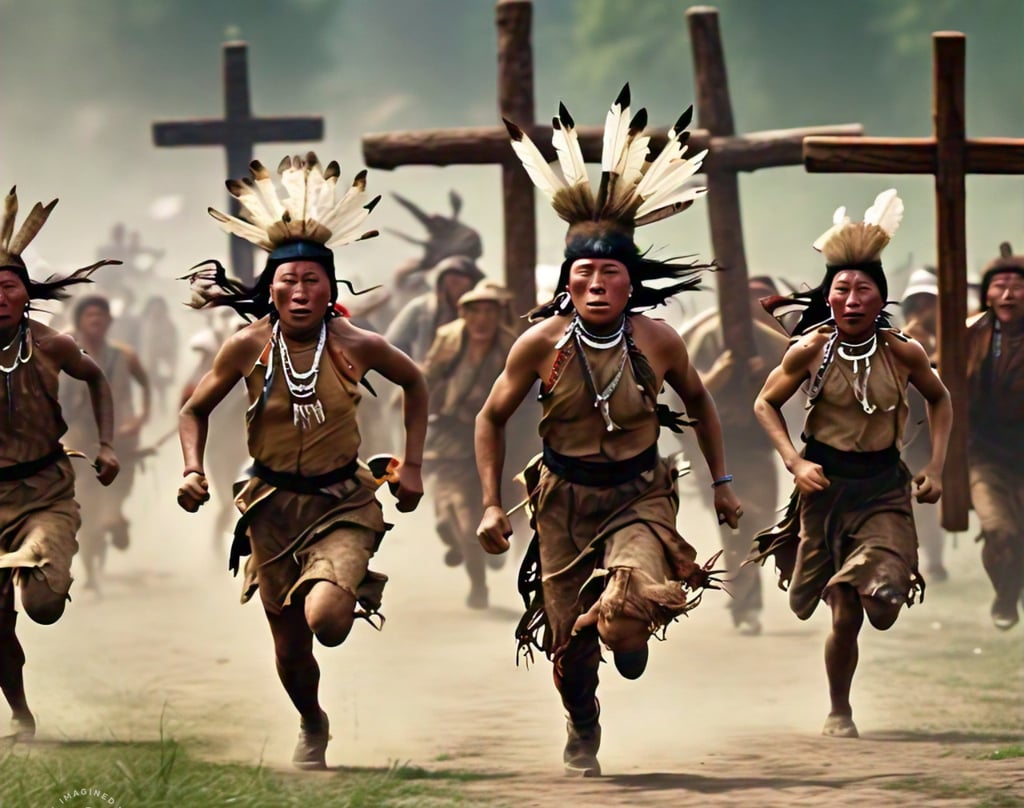Biblical Eve, Sacrifice, and the Journey Back to Paradise: Native American and Christian Beliefs


The Bible: A Tale of Two Endings
The first chapter of the Bible introduces us to Eve, a woman who made a fateful choice that led to humanity's expulsion from Paradise. This singular event encapsulated the tumultuous relationship between God and his creations. As we traverse through the pages of history, it's fascinating to see how interpretations of faith, gender, and the sovereignty of the land have evolved, yet, remain contentious to this day.
The Story of Eve: The Woman is Evil
Eve's interaction with the devil resulted in a narrative of consequences that echoes throughout Christianity. The notion that a single act led to the suffering of countless generations raises questions about justice and responsibility. God’s disappointment led to a system of sacrifices—animal offerings intended to appease him. This archaic practice makes us ponder the weight of our actions and the lengths we would go to seek forgiveness. It’s a chilling reminder that even the smallest mistake can have ramifications that last for millennia.
Animal Sacrifice to Sexual Discrimination
As we draw closer to the last chapter of the Bible, Revelations paints a picture of hope intertwined with suffering. Thousands of years of hardship may precede the eventual return of some humans to Paradise, but the road remains fraught with deception and despair. Modern iterations of Christianity can feel just as flawed, especially regarding the role of women in the church. The practice of sexual discrimination within the Catholic Church, in which women are deemed unworthy of holding positions of leadership, stands in stark contrast to contemporary ideals of equality. It’s difficult to comprehend how an institution that espouses love and acceptance could maintain such a narrow viewpoint.
Christianity and Native American Compared
Coming from a background rich in Native American heritage, I can't help but reflect on how their beliefs harmoniously connect with the land. The reverence for nature and the understanding of humanity's place within it are starkly different from the sacrificial traditions promoted by mainstream Christianity. The history of Native Americans is filled with profound respect for their surroundings, an ethos that seems overlooked by dominant religious narratives that arose later.
This intricate tapestry of human experience—Eve's error, the practice of sacrifices, the exclusion of women, and the reverence for the Earth—reflects a broader conversation about how faith, culture, and gender intersect. We must engage in discussions that challenge outdated norms and elevate voices that have historically been silenced.
Ultimately, as we navigate these complex issues rooted in what is often rigid interpretations of scripture, let’s strive toward a more inclusive understanding that honors both our spiritual heritage and the diversity of humanity.
